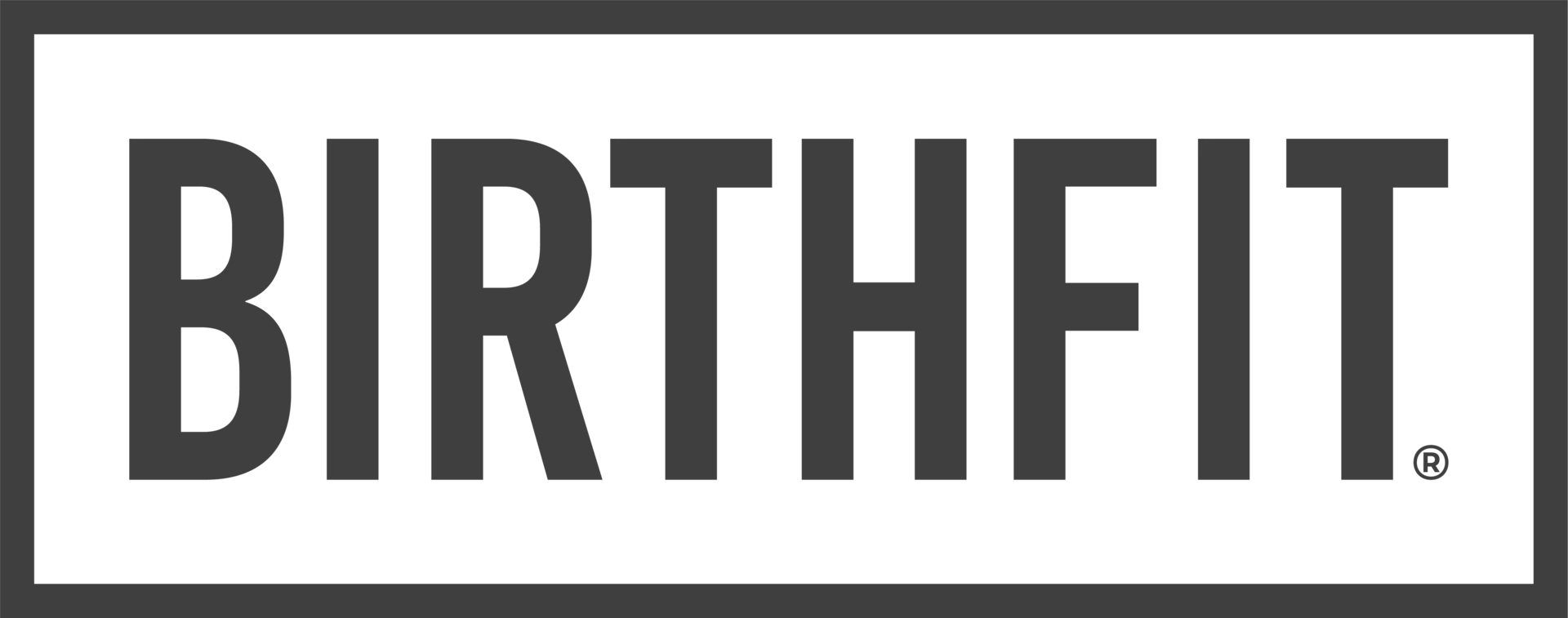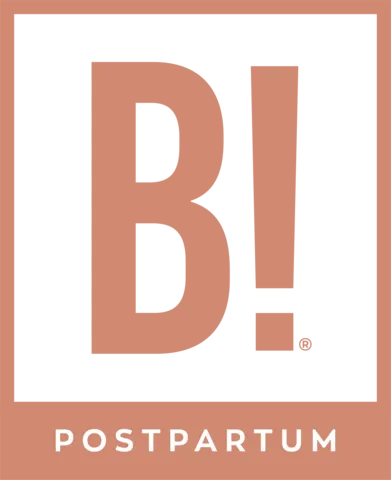It is clear that the food we eat and the supplements we take can have a profound impact on our health and wellness, and yet, it is not uncommon for women to be offered antidepressant or anti-anxiolytic medications as first line treatment for mood disorders. Although some do find medication to be helpful, mounting evidence suggests factors such as nutrient deficiencies and altered gut flora should be explored to provide a more holistic approach to treatment. Furthermore, examining these factors may allow us to target the root the cause of such conditions. According to mental health professional Dr. Kelly Brogan, an important consideration when looking at mood issues is the role of inflammation (1).
Data now suggests that mood disorders may at least in part result from systemic inflammation, and this is particularly important to consider given that pregnancy is an inherently inflammatory state. Additionally, women may be vulnerable during the postpartum period due to the enormously taxing work of growing, birthing, and (for some) feeding an infant. As a result, key nutrients essential for metabolic detoxification, neurotransmitter production, and a normal inflammatory response, may be depleted.
The following is a look at are three supplements that have been proven to support mental well-being, and should be a part of the conversation when looking at treatment options for mood disorders.
Vitamin D
Vitamin D is a fat soluble hormone-like substance that is known for aiding in calcium absorption, however research continues to mount in regard to its various other essential functions. In regard to its influence on mental health, it 1) supports neurotransmitter production and 2) supports a healthy inflammatory response.
Insufficient Vitamin D levels are common, particularly in the winter months when sun exposure is minimal. Additionally there are few dietary sources of Vitamin D, and there are certain genetic polymorphisms that can influence absorption.
Most people should be supplementing with between 2,500-5,000 IUs daily, and for women who are exclusively breastfeeding, taking 6,400 IUs daily helps get adequate amounts to baby (2). You’ll want to look for D3 or Cholecalciferol versus D2 Ergocalciferol
Prior to supplementation it’s a good idea to have your level checked by your primary healthcare provider, and plan to have that repeated at least every 6 months.
EPA/DHA fish oil
Eicosapentaenoic acid (EPA) and docosahexaenoic acid (DHA) are two essential Omega-3 fatty acids that humans must ingest by either a food source or supplement. They are found in beef, eggs, and poultry but most abundantly in fatty cold water fish. Numerous studies have demonstrated the anti-inflammatory benefits of Omega-3s, and there is good evidence to support the efficacy in the treatment of depression.
A small scale study published in the Journal of Clinical Psychiatry by Su et. al. looked at 36 pregnant women with major depressive disorder. Participants were treated with either omega-3 HUFAs monotherapy (2.2 g/day of EPA plus 1.2 g/day of DHA) or placebo (3).
“Twenty-four patients who finished the trial showed significantly lower depressive symptoms’ ratings on the HDRS, the Edinburgh Postnatal Depression Scale (EPDS), and the BDI. The findings of this study are remarkable because omega-3s are preferentially transported to the growing fetus during pregnancy, which can deplete fatty acid levels in mothers (2008).”
An important takeaway from this study is that maternal stores of Omega-3s are utilized by the growing baby, which leads to lower levels for mom. If the mother goes on to breastfeed, her stores will become further depleted. Therefore, it is important that pregnant and nursing women consistently replenish their EPA/DHA stores.
According to a literature review in the Journal of Clinical Medicine, consuming up to five grams of Omega-3s daily is well-tolerated and safe for the general population (4). The recommendations for supplementation to support mood vary widely, but 1-2 grams/day is a great starting point. Check out more on fish oil here!
Probiotics
Our bodies play host to a delicate ecosystem of bacteria, and in addition to the microbiome in the gut we also have one specific to our skin, vagina, and even our breasts! In fact, there are far more bacterial cells in and on the body than there are human cells! We rely on these bacteria to support our immune system and even the signaling pathways of our central nervous system. These reported benefits are the reason we’ve seen such a huge uptick in marketing for probiotic products. However, you may be wondering if we actually “need” to supplement them.
While in utero human infants have a sterile gut and it is our passage through the birth canal that actually colonizes us with our very first bacterial cells. Therefore, a vaginal birth greatly influences the foundation on which our microbiome is built. Unfortunately it has become clear that the overprescription of antibiotics and the astronomically high rate of cesarean births can greatly disrupt the balance of good bacteria in our bodies, and therefore influence both our physical and mental health.
Several studies have demonstrated that the gut microbiome is involved in the regulation of our stress response, and can therefore influence symptoms of both anxiety and depression (5)(6). Additionally, we now know that our normal flora influences gut-brain communication, and if the balance is interrupted, dysfunction can occur. A 2016 literature review by Huang et al. found that probiotic supplementation is associated with “a significant reduction in depression” (7).
You can support your normal flora by eating a variety of fermented foods such as kimchi, kombucha, and kefir, but I also recommend taking a probiotic supplement. You’ll want to look for a product with at least 15 billion colony forming units (CFUs), and you should consider doubling this amount if you’ve recently been treated with antibiotics. There are many different beneficial strains, but in general you want to look for a wide variety of Lactobacillus and Bifidobacterium species; and Lactobacillus reuteri, Lactobacillus rhamnosus, and saccharomyces boulardii are also helpful.
Brittany Anderson, WHNP-BC
BIRTHFIT Nashville @BIRTHFIT_Nashville
The information shared here is for educational purposes only. Always consult with your healthcare provider before starting a new supplement routine.
Sources
- http://kellybroganmd.com/inflammation-depression/
- https://kellymom.com/nutrition/vitamins/vitamin-d-and-breastfeeding/
- https://www.ncbi.nlm.nih.gov/pubmed/18370571
- https://www.ncbi.nlm.nih.gov/pmc/articles/PMC4999787/#B119-jcm-05-00067
- https://www.ncbi.nlm.nih.gov/pubmed/25470391
- https://www.ncbi.nlm.nih.gov/pmc/articles/PMC4662178/
- https://www.ncbi.nlm.nih.gov/pmc/articles/PMC4997396/
Get Started
Effective programs for both MIND ⊕ BODY
This is a general strength and conditioning program for women in all seasons and cycles of life. You receive four workouts each week with options for those with limited equipment and variations on movements.
Start moving and training with your cycle ❤︎
Slow is Fast when you heal your core and pelvic floor from the inside out by starting with breath work, natural movement patterns, and continue to progressively build upon a solid foundation. The number one referral for doctors and midwives.
Are you open to conception? Join us in B! Community training. A general strength and conditioning for women that train while honoring their menstrual cycle. Everyone is in a different part of their journey, we support you where you are.
Do Pregnancy Different, when you connect with your body daily through a safe, effective prenatal training program for all levels and all fitness backgrounds that includes core and pelvic floor prehab, mobility, strength, and conditioning.




